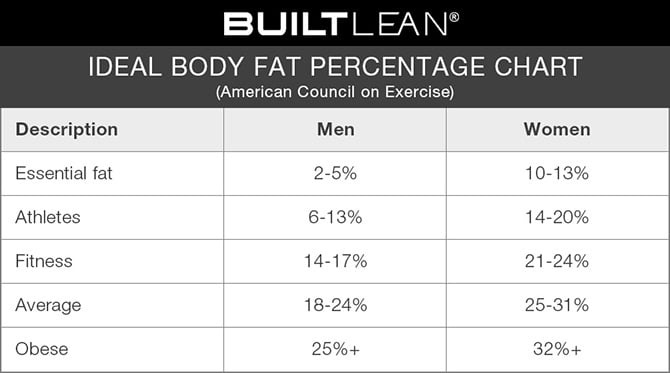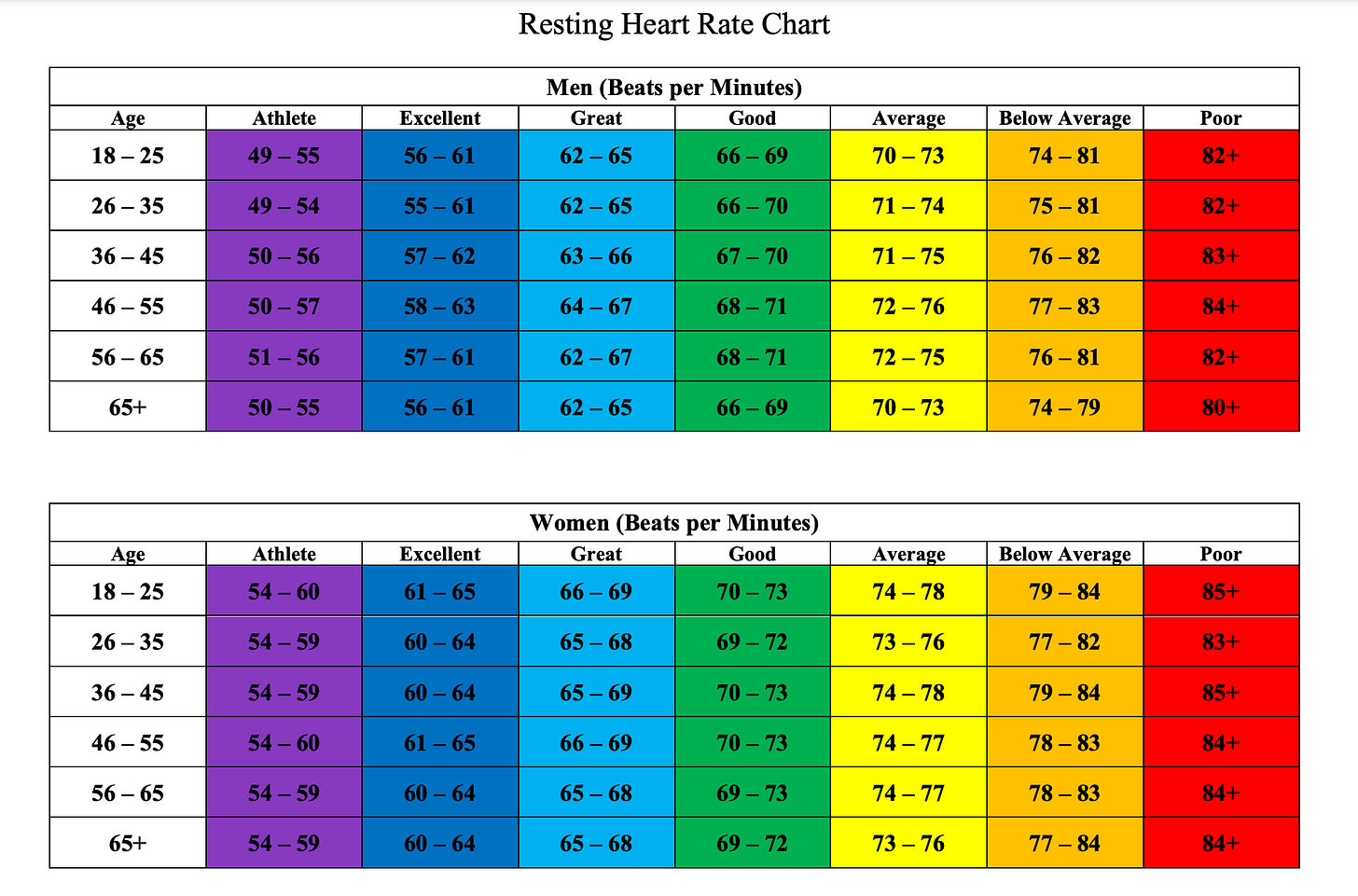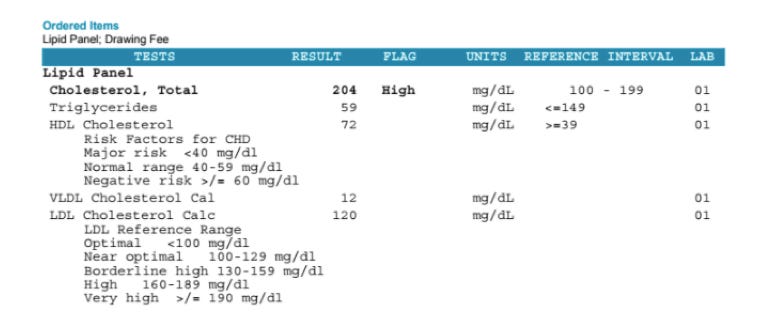Health is Wealth.
If you do not have your health, what do you have?
I have been asked for a long to write a book of some kind about fitness and health.
This series will be that book. Over the next 48 weeks I will be publishing an essay week by week. By the end of 2023, a full length book will be the result.
As it has become popular to “build in public” I have decided to “write in public”. This will both hold me accountable and allow for a body of work that is dynamically shaped by the audience.
I am a personal trainer, not an academic writer. Thus series will be written for a populist audience, not an academic one. Where relevant, scientific references will be given, but the style will be simple and layman’s terms.
With all that said, lets start at the beginning
What Does It Mean to Be Healthy?
When we use the term “healthy” what are we actually saying?
The term is used constantly, but rarely is it qualified.
When I first began training clients in 2010, I realized a great deal of uncertainty about health came from a lack of clear goals, and understanding of what objectively mattered.
Obviously most people want to lose weight. Considering that 3/4 of Americans are overweight, weight loss is the most common goal.
But is being normal bodyweight alone healthy?
And what about being “fit”?
I know many strength athletes and bodybuilders who are exceptionally muscular people, but they have high blood pressure and poor cardio.
Ive also known endurance athletes that were “skinny fat” despite their excellent cardio.
One can be very “fit” in certain metrics, but not be holistically healthy
The more I researched the subject, the more questions I had.
Eventually I realized that trying to define healthy by means of fitness performance was a mistake.
Your exercise performance is a lagging indicator of health. It tells you that your exercise is working and it should lead to physiological improvements, but it does not guarantee metabolic health. Performance standards are useful, but they dont fully inform you what is going on internally in the body.
I needed to define what healthy vs unhealthy mean.
Healthy-the overall physiological state in which an organism maintains homeostasis through optimal metabolic function, is least likely to succumb to disease, is least predisposed to future disease, is more likely to maintain quality of life as it ages, and is most likely to reach maximum possible lifespan.
In simpler terms, being healthy is you being energetic every day, feeling good, your body is robust, you rarely get sick, and barring some sort of catastrophic event, your future health outlook is positive. All relevant health markers are in healthy ranges (which will get to shortly) and you are doing all the right things.
Basically, if you are healthy, you are likely to live a long time, and not have health problems.
Unhealthy-an overall physiological state in which an organism struggles to maintains homeostasis due to metabolic dysfunction, is more likely to succumb to disease, is more predisposed to future disease, is less likely to maintain quality of life as it ages, and is less likely to reach maximum possible lifespan.
Said simple, being unhealthy means are not likely to live a long time, and will have health problems.
So now I had a definition and framework.
and With Health Defined, Lets get to the Four Measurements
What numbers mattered? These are the four. For a clear picture of health, you would need to know ALL of these, not just one of them. These four measurements backed by years of medical science data, research, and practice.
1. Bodyweight and BMI
2. Bodycomposition
3. Heart Rate and Blood Pressure
4. HDL/Triglyceride Ratio
I will go one by one and explain why each of them matter (and the limitations of using them in isolation).
1. Bodyweight and BMI-BMI stands for Body Mass Index. This measurement is determined by a person's weight in kilograms (or pounds) divided by the square of height in meters (or feet).
Relative to our height and gender (of which there are TWO, male and female), BMI gives us a weight range that we should fall into.
Its become popular the past decade to bash BMI as being the worst measurement ever, but I am here to defend it with logical reasoning and do some debunking.
BMI is directionally accurate, not individually precise. That it has been construed as an Absolute, Be-all-End-All measurement is a failure on modern medicines part.
It was NEVER intended to be the sole diagnostic measurement of metabolic health. I am well aware many doctors use it that way. This is a failure on their part. Many doctors are incompetent.
If you keep up to date with the research, the data shows that being “healthy” on a BMI chart is anywhere between the 18.5 to 27 index. That is quite a large range!
While BMI does NOT apply to muscular and fit people, most Americans are NOT muscular and physically fit. At least 3 out of 4 adult Americans are overweight. If you are physically fit, you are an outlier. Which your primary care doctor should acknowledge and factor for.
Regardless of criticism, the data undeniably shows that people with a BMI of 30 and above are likely be overweight and suffer health issues. “health at any size” is abject bullshit.
While BMI often gets criticized for supposedly telling healthy people they are fat, it also overlooks the people who are experiencing NWO, Normal Weight Obesity.
In 120 years of scientific data going back to 1900 (and before that even), and millennia of historical data, there is an OBVIOUS correlation between reduced lifespan and excess body fat.
excess fat is deleterious for health.
Study after study after study demonstrate this fact conclusively.
To say there is NO way to determine if someone is overweight based on their Weight and Height is absurd. Homo Sapiens are animals, our body’s follow the same physiological laws of every other creature in existence, and fall within average ranges for height and weight.
This study shows that the chart probably needs to be updated, But its still a useful chart.
If you are overweight and obese then and trying to determine what a more ideal bodyweight would be, look at whatever the 27-28 index number is on the BMI chart. That would be the upper limit of being a healthy weight.
For being healthy, you want your BMI to not be higher than 27-28 on the BMI Chart
And if you a true outlier and exceptionally muscular for your height, then pat yourself on the back for BMI not applying to you. Feel free to say this on social media if it satisfies your ego.
2. Bodycomposition-Bodycomposition is a measurement of your fat mass and fat free mass (often referred to as lean body mass) relative to your weight.
The question of “whats your bodyfat %?” is asking for bodycomposition.
For clarification, FFM (Fat Free Mass) and LBM (Lean Body Mass) are referring to the same thing, although you see both terms used in scientific literature.
Regardless of which term you use, this mass is not all muscle, rather is everything that is not fat, which is muscles, bones, connective tissue, organs, etc.
For the sake of simplicity and not being excruciatingly pedantic, you can think of it as “muscle plus everything else”.
Side note-there are various devices like Inbody Scanners which measure actual muscle mass, bone mass, and fat mass, so if you really want to find out the exact numbers, you can.
While we generally think of bodycomp solely in terms of fat, your lean mass matters just as much, if not more.
Muscle is the Holy Grail for health, the benefits of being muscular are legion.
strength
longevity
durability
lower risk of cancer
lower risk of dementia and alzheimers
lower risk of heart disease
increased mitochondrial health
increased insulin sensitivity
increased fertility
mental health
attractiveness
There is no argument against being strong and muscular. Muscle plus cardiovascular health (which we will get to later) is true life extension.
For general population, increasing lean body mass means increasing muscle mass. And the conditions for increasing muscle mass (resistance training and a high protein diet) typically lead to reductions in fat mass as well.
Additionally, longevity research shows that the loss of LBM (Lean Body Mass) is an independent risk factor for osteoporosis, falls and fractures, impaired function and mortality.
Or said more simple, as you age, you lose muscle, and losing muscle is BAD for your health. You are more likely to suffer from essentially every kind of metabolic disease (such as diabetes), more likely to experience degeneration and loss of quality of life, and more likely to die, period.
You want your Bodycomp to be in the “fit range” for health.
3. Heart Rate+Blood Pressure-Your cardiovascular system refers to your lungs, heart, arteries, veins, and capillaries. It is closed pressure system, through contraction your heart generates kinetic force to expel and circulate blood throughout the entire body. Blood is oxygenated, pumped out, and returned to the heart for reoxygenation.
As the heart is a muscle, the resting beat of the heart is an indicator of how strong the heart is.
As a heuristic, a strong heart beats slower, a weak heart beats faster.
Thus, your resting heart rate is an indicator of overall cardiovascular health.
To Be Healthy, you want your resting heart rate to be in the “Good” range or lower.
Your blood pressure is a measure of the pressure within the cardiovascular system. This is represented as two numbers,
Systolic blood pressure (the first number) – indicates how much pressure your blood is exerting against your artery walls when the heart beats.
Diastolic blood pressure (the second number) – indicates how much pressure your blood is exerting against your artery walls while the heart is resting between beats.
High blood pressure is caused hypertension. This increased pressure is a stressor that can lead to long term cardiovascular health issues.To Be Healthy, you want your Blood Pressure in the Normal Range, or slightly lower.
4. HDL Cholesterol/Triglyceride Ratio-I must credit Dennis Mangan for bring this number to my attention some years back (follow him on twitter).
Historically the lipid hypothesis (sometimes called the cholesterol hypothesis) dominated the mainstream discourse and was the established belief in medical science.
High cholesterol=Bad.
Low cholesterol=Good.
Dont eat foods with cholesterol.
This was the advice given for many decades. It was based on the work of Ancel Keys, and it led to the recommendations against eggs, butter, cheese, and red meat consumption.
The past 20 years however, this hypothesis was called into question. Many physicians today outright reject it. Some scientific papers for your consideration
The fallacies of the lipid hypothesis
Cholesterol does not cause coronary heart disease in contrast to stress
Saturated fat does not clog the arteries
The mainstream hypothesis that LDL cholesterol drives atherosclerosis may have been falsified…
To Be Clear, this does not mean that you should eat bacon dipped in cheese as a snack and put butter in your coffee…
Calories still matter, and food with high fat content can contribute to obesity. The debunking of the lipid hypothesis is that the these foods are not inherently bad for you, and they are healthy to consume, in REASONABLE amounts.
Context Established, what is the Ratio?
The Ratio is your total triglycerides compared to your HDL cholesterol.
Ideally, you want no more than a 3:1 ratio of triglycerides to HDL cholesterol.
Optimally, you want 2:1 ratio or less. So, if your triglycerides are 100 mg/dl, your HDL cholesterol should be 50.
Elevated triglycerides and low HDL are a strong predictor for cardiovascular events.
You find this ratio by getting a BLOOD TEST. That means blood is drawn, and a lipid panel is done. You cholesterol and blood lipids will be measured.
You will get numbers back. Total Cholesterol, HDL and LDL, and Triglycerides. It will look something like this
This panel is an example of someone might be warned by their doctor about HIGH CHOLESTEROL and be fear mongered into considering a statin or being told they need to change their diet.
Their total cholesterol is 204, slightly above the reference range of 100-199.
BUT, look at their Triglycerides and HDL.
Their HDL is greater than the Triglycerides!!
This person is at the lowest possible risk for heart disease and heart attack. Yet their physician might tell them the exact opposite.
If your HDL/Triglyceride ratio is in healthy range, you do not need to be concerned if LDL is elevated.
This does not mean that Cholesterol is completely worthless as a measurement, but it needs to be properly contextualized.
If you have elevated cholesterol levels, but your HDL/Triglyceride ratio is low and your heart rate and blood pressure are normal and you have healthy bodycomposition, there is nothing wrong with you.
If want to stay up to date with this kind of Nutrition information and learn from cutting edge doctors, I would suggest the following individuals on twitter
Dr. Philip Ovadia, a formerly obese heart surgeon who lost weight by eating a higher protein, higher fat diet and reducing carbohydrate intake
Dr. Tro Kalayjian, a formerly obese Internal Medicine Specialist who lost weight by low carb dieting and now specializes in Obesity Medicine.
Dr. Pran Yoganathan, an Australian gastroenterologist who advocates a protein rich diet.
Professor Tim Noakes, a South African doctor who was stripped of medical license for questioning the Lipid Hypothesis and proposing a low carb diet approach for health and treating obesity back in the 19900s
In Summary
Maintain a Bodyweight that within the green to yellow range on the BMI chart. C
Maintain a healthy bodycomposition, with high lean mass and keeping bodyfat under control. Resistance training does this for you.
Maintain a low resting heart rate and blood pressure. Cardio, at both low and high intensity, is how you improve this.
Maintain a healthy HDL/Triglyceride ratio. Change your diet as necessary to accomplish this. And also exercise of course.
Any questions? Feel free to ask in the Comments







